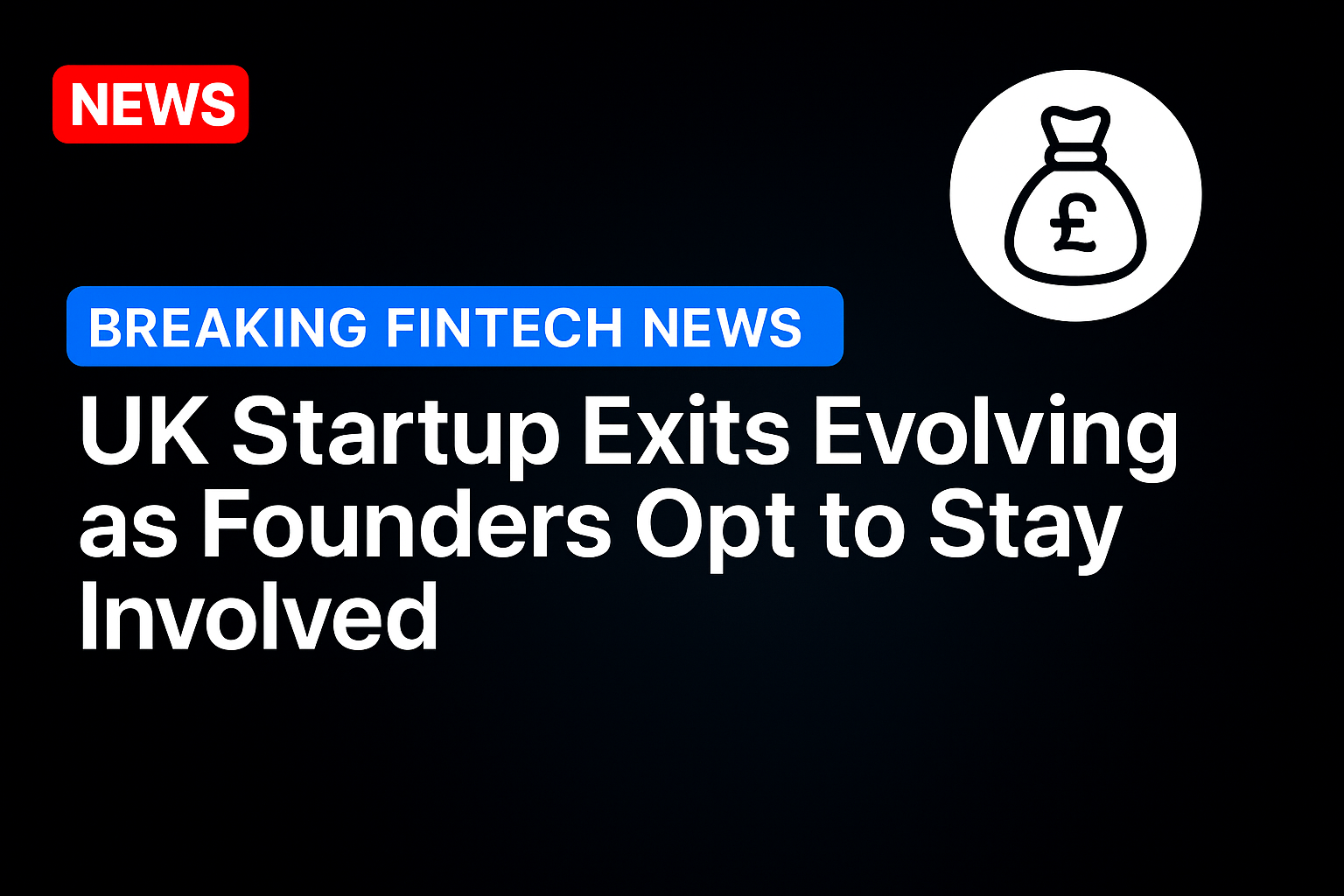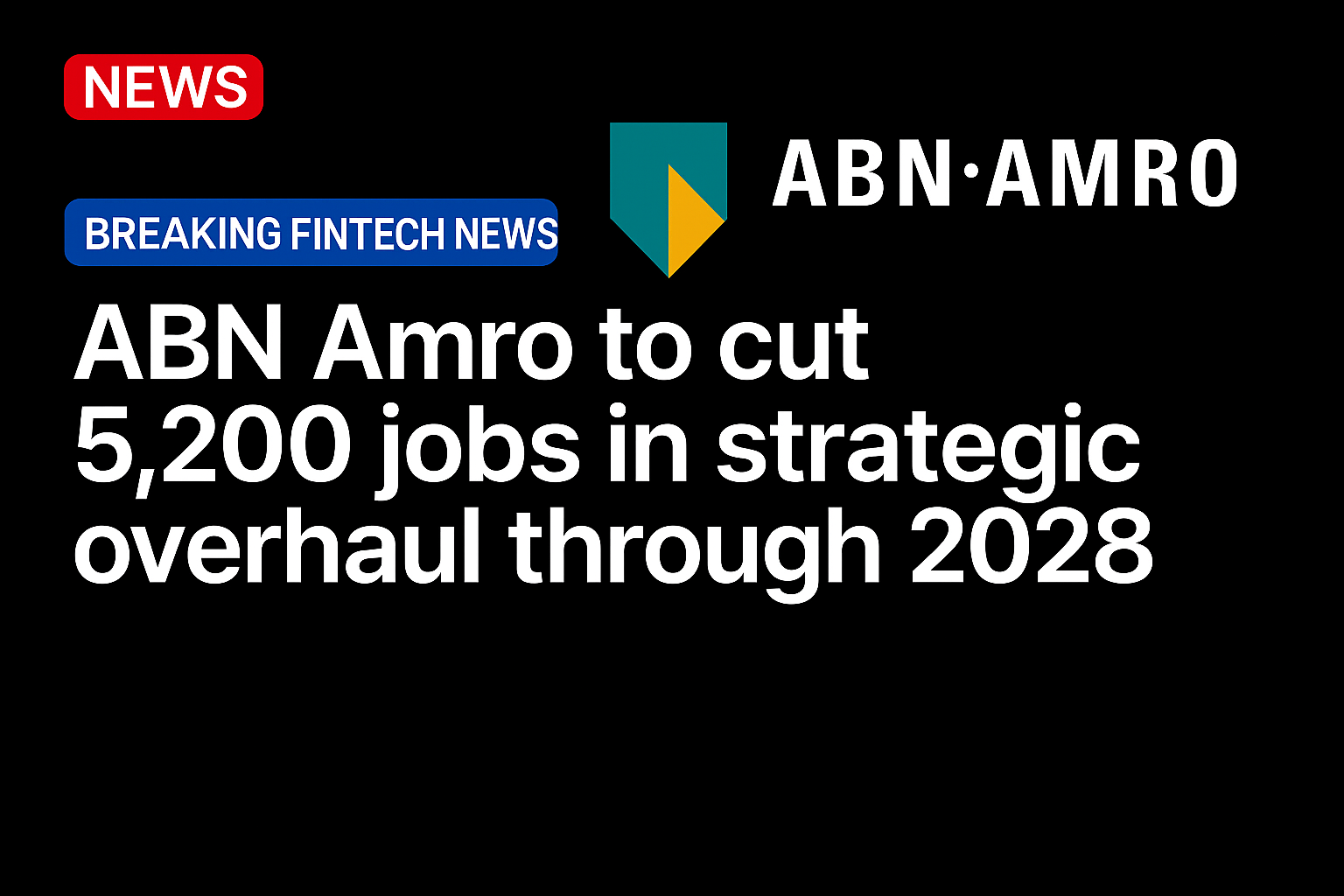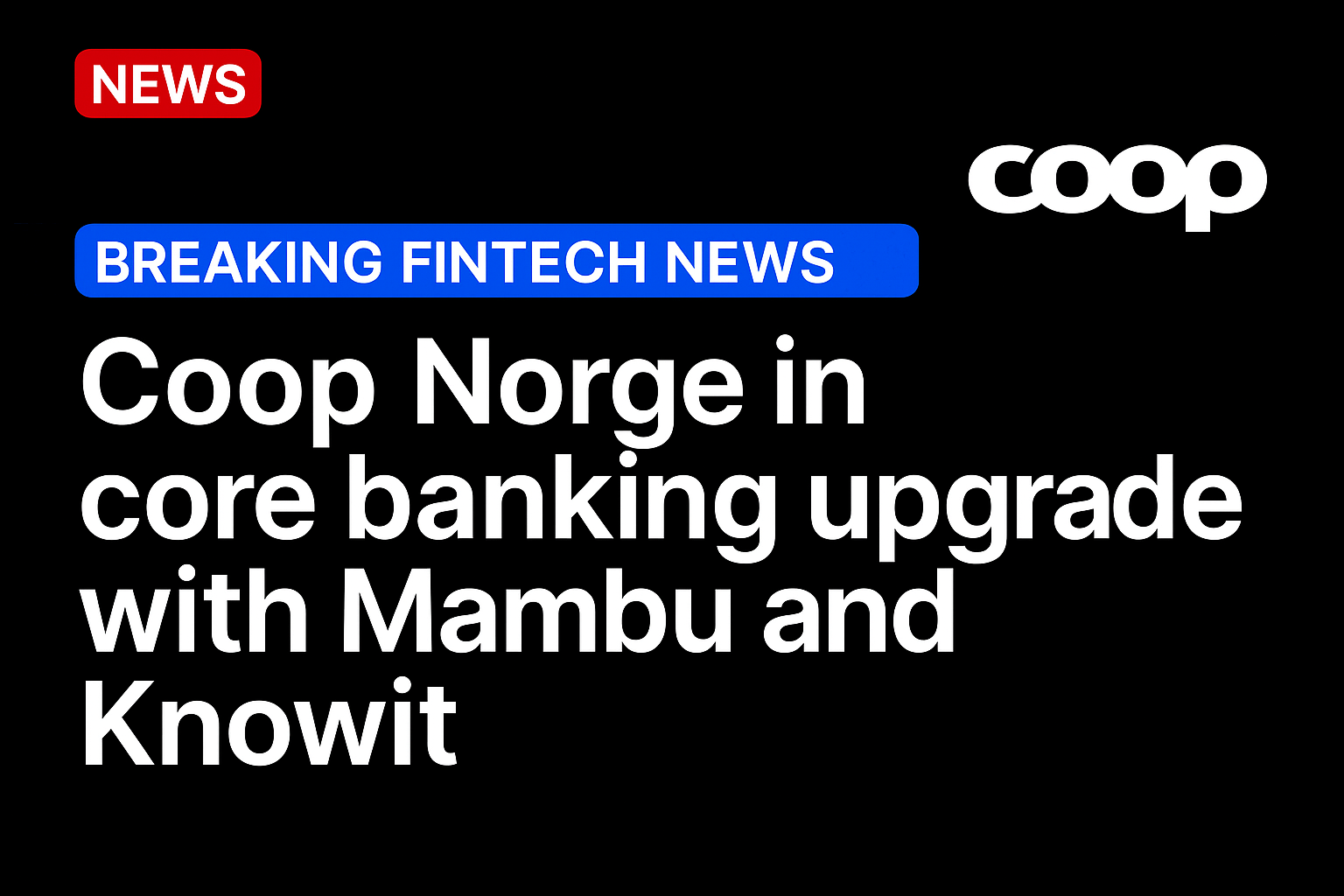UK startup founders are increasingly choosing to cash in without stepping away, opting for partial exits over full departures, new data suggests.
The Exits in the UK report from UK investment management company Charles Stanley, produced in partnership with data platform Beauhurst, finds that while total exit activity among high-growth UK companies remains above pre-pandemic levels, the nature of those exits is changing.
Since 2015, nearly 8,000 startups have exited through a mix of acquisitions, IPOs and secondary transactions. And nearly 40 per cent of those deals took place in just the last two and a half years. But instead of selling up and signing off, more founders are finding ways to take money off the table while staying involved in their businesses.
That includes founder-led secondary deals – where founders sell some of their shares but continue running the company. These kinds of transactions have grown quickly, from 650 in 2015 to nearly 1,800 in 2022.
Acquisitions still lead
The majority of UK startup exits still come through acquisitions. In 2021, a peak year, over 1,100 companies were acquired, mostly by other corporates. That trend continued into 2024, when corporate buyers accounted for almost 86 per cent of all acquisitions. Financial buyers, including private equity firms, made up the remaining 14 per cent.
Corporate acquisitions are often strategic, used to access new markets, remove competition or bring in capabilities a company lacks. Financial buyers, on the other hand, are usually more focused on returns and value creation over time.
IPOs remain rare
IPO activity, meanwhile, is still quiet. Listings spiked briefly in 2021 as companies rode a wave of post-Covid optimism and investor appetite, but the momentum didn’t last. In the first quarter of 2025, only three UK companies went public. Still, those three IPOs raised more than the combined total from all of 2022, 2023 and 2024 – suggesting there’s life in the market yet.
Yet, it’s not all good news. Wise’s decision to move its primary listing to New York has again raised questions about London’s appeal for high-growth firms looking to go public.
Exit strategies are diversifying
The shift toward founder-led secondaries highlights a broader change in how exits are viewed. Rather than a single big event, many now see them as a step in the journey. Founders can take some risk off the table, investors get partial liquidity and the business keeps running without disruption.
Charles Stanley’s head of direct and professional sales Cliadhna Law calls it a more ‘flexible solution’ that suits both sides.
“Acquisitions remain the dominant form of exit, driven by both corporate and financial buyers, and IPOs, although less frequent, are important for high growth firms seeking public capital and global visibility. However, exits are no longer confined to an IPO or acquisition, and founder secondary transactions have emerged as a key feature of the modern exit environment. These deals provide liquidity without relinquishing control, offering a flexible solution for founders and investors as companies continue to remain private for longer.
The report paints a picture of a maturing startup ecosystem, one that’s no longer chasing just one kind of exit, but adapting to market conditions and long-term goals.
“A more stable exit landscape may be on the horizon, one defined by sustained acquisition activity and signs of a potential recovery in the IPO market,” adds Law. “These changes reflect the UK’s increasingly flexible approach to value realisation and the changing priorities of founders, investors, and buyers across the high-growth ecosystem.”
Source: https://thefintechtimes.com/





